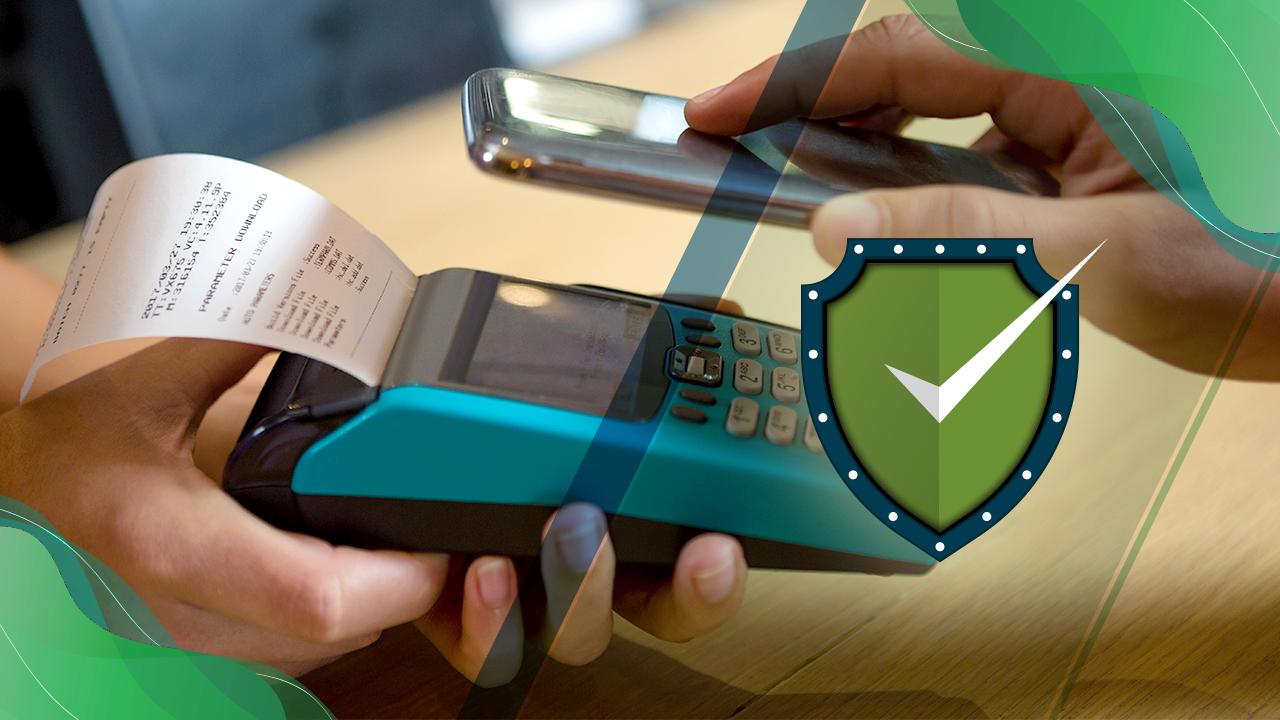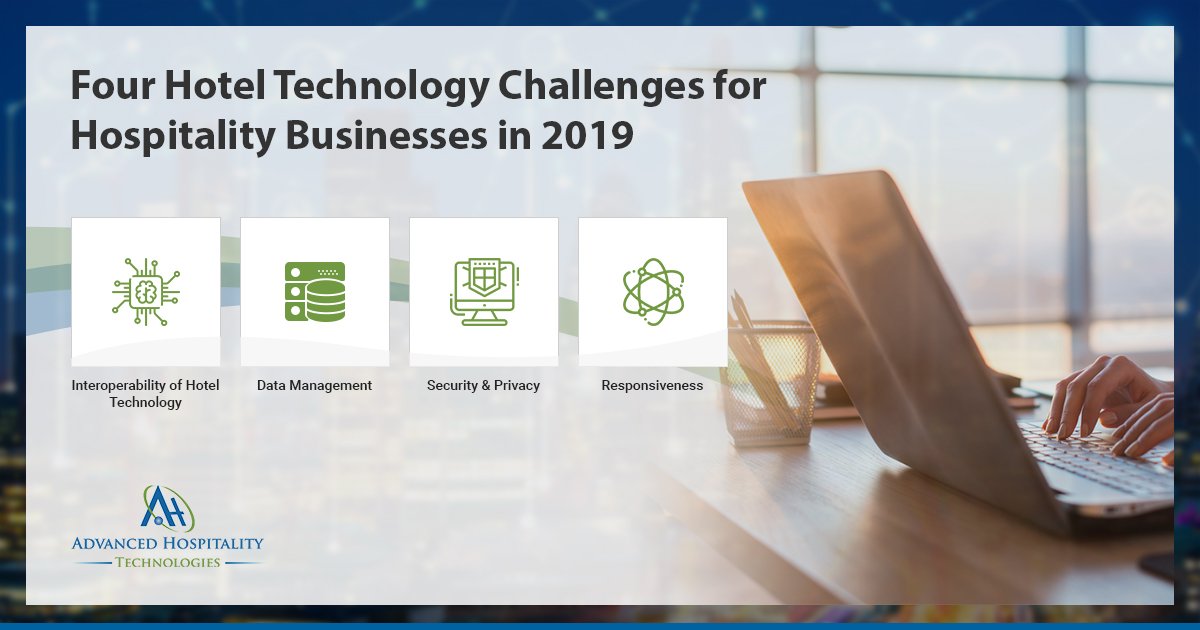THe hospitality industry is evolving quickly as the COVID19 pandemic leaves hoteliers with very little to choose from. Increasing interest in technology is leading to more automation and digitization in even small and medium sized hotels.
US Hotel operators are increasingly empowering their assets with breakthrough technology including mobile apps, digital payments, robots, Bluetooth LTE locks, and much more. Featuring technology is one aspect though, maintaining the security and compliance of tech is the second aspect of successful contactless service experiences.
What is PCI Compliance for Hotels?
The PCI Compliance standards were primarily developed to curb the increasing instances of credit card fraud in the US. The five major credit card vendors of the time VISA, Mastercard, JCB, Discover, and American Express released version 1.0 in 2004 while a more comprehensive set of rules was released by 2006.
For hotels, PCI compliance is just as crucial as it is for a supermarket. The sheer amount of data hosted in hotel servers, constant processing of cards, and PMS requires every aspect of the technology system to be compliant and secure against breaches.
The 12 rules of PCI Compliance discuss in detail how to build an atmosphere of assuming responsibility, data protection, payment security, documentation, and upgradation. These rules updated over time themselves bring in consideration the liabilities associated with hotel technology systems.
The basic idea is to create an environment of continuous payment security, technology liability management, documentation of events, data security, and updation in hotels. It is not necessary that an in house team accomplishes this for hotel operators. There are professional hotel technology management providers who complete PCI compliance checks for hospitality operators.
What are the PCI Rules and Objectives for Hotels?
The PCI Rules are divided into six control objectives that cover all the 12 essential rules that hotels must comply with. The six control objectives are:
- Build and Maintain a Secure Network and Systems
- Protect Cardholder Data
- Maintain a Vulnerability Management Program
- Implement Strong Access Control Measures
- Regularly Monitor and Test Networks
- Maintain an Information Security Policy
The 12 Rules as per the PCI Compliance official website are:
1. Install and maintain a firewall configuration to protect cardholder data
2. Do not use vendor-supplied defaults for system passwords and other security parameters
3. Protect stored cardholder data
4. Encrypt transmission of cardholder data across open, public networks
5. Use and regularly update anti-virus software or programs
6. Develop and maintain secure systems and applications
7. Restrict access to cardholder data by business need-to-know
8. Assign a unique ID to each person with computer access
9. Restrict physical access to cardholder data
10. Track and monitor all access to network resources and cardholder data
11. Regularly test security systems and processes
12. Maintain a policy that addresses information security for employees and contractors
What Hoteliers Must Know About PCI Compliance
More technology in hotels is a brilliant win-win for both guests and operators. Addressing both health safety and service delivery, tech is making life much simpler for hoteliers.
These digital services and automation does require policy making, access & control, cybersecurity, and documentation to succeed. Especially with the rollout of digital payments and Bluetooth based locking tech in hotels, the threat of breaches has also gone up.
PCI Compliance is a brilliant starting point for hotels to begin constructing a technology assisted service experience reinforced by quality cybersecurity, maintenance & control, data security, and liability assessment.
The PCI compliance rules primarily give hotels a simplified roadmap for IT service management success. From the foundational design of digital services to their deployment and constant monitoring later, the PCI rules are the ideal roadmap to successful deployment of IT assets.
Understanding that costs can be significantly reduced in current times through proper IT asset deployment, maintenance and control is necessary. With fewer staff and more automation, hotel operators can cut down on-boarding times, check in waiting times, and service delivery times with minimal capital outlays.
Mobile services when employed with its sheer power is proving to be a massive success for hotels. The Marriott Bonvoy app is one of the finest examples of smartphone based hospitality in the US.
Hosting a premium mobile app with booking, check-in, room service, concierge chat, door access, loyalty and many other features however requires essential compliance. The massive amounts of data flowing through hotel servers requires strict access control, cybersecurity, and back up management to be a success.
Another important aspect that hoteliers must realize about PCI compliance is that it allows you to critically analyze everything including the service design. Many hotels are now beginning to harness the power of data and analytical AI software to enhance guest satisfaction.
This dive into the area of AI and data analytics requires hoteliers to be prepared for a storm of essential prerequisites. One of the most important ones being secure storage with reinforced firewall security, something that the standards primarily demand.
One of the most essential elements of PCI compliance is that they also upgrade hotel staff in addition to the entire technology infrastructure. The rules also emphasize on training staff and management to understand breaches, fraud, and data privacy better.
The liability of a data breach or even a card fraud can be severe for hotels. The massive lawsuit that followed Marriott Hotels after the Starwood hack has remained in our mind even after half a decade.
Liability management is one of the core ideas behind the PCI compliance rules. The rules emphasize that liabilities must be identified, documented, and planned on a continuous basis.
Changing circumstances have already paved the way for the PCI Council to reinvigorate their 12 rules, upgrading them in accordance to technology evolution. Feedback from over 3500 merchants and stakeholders has identified a rigorous overhaul of the existing rules.
PCI Compliance v4.0 seeks to bring better liability management, updating security policy management, upgraded staff training, and enhanced data management policies.
Conclusion
We hope you enjoyed this edition of our blog. Connect with our social feeds to access more trends, insights, news, and opinions from US hospitality.
Until next time, see you again soon.




